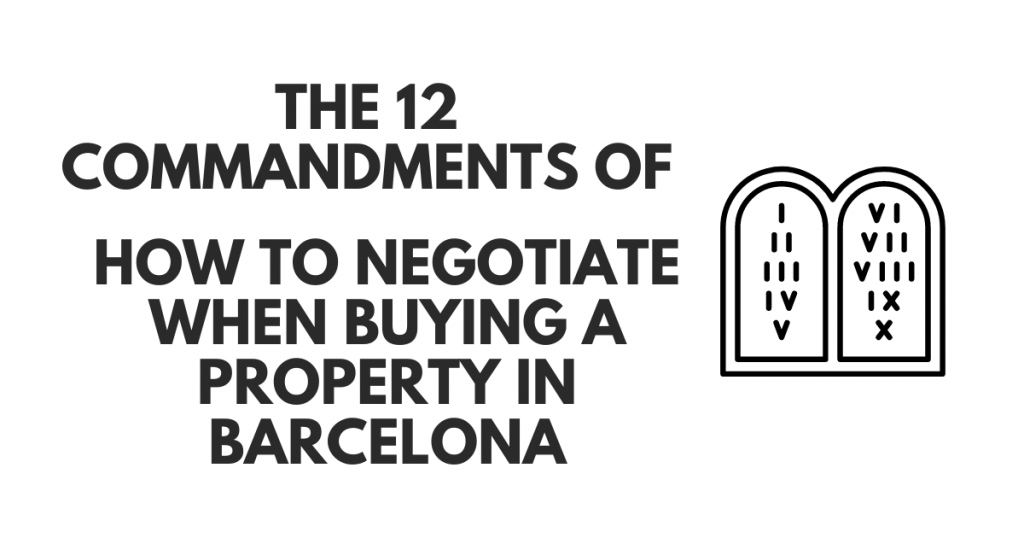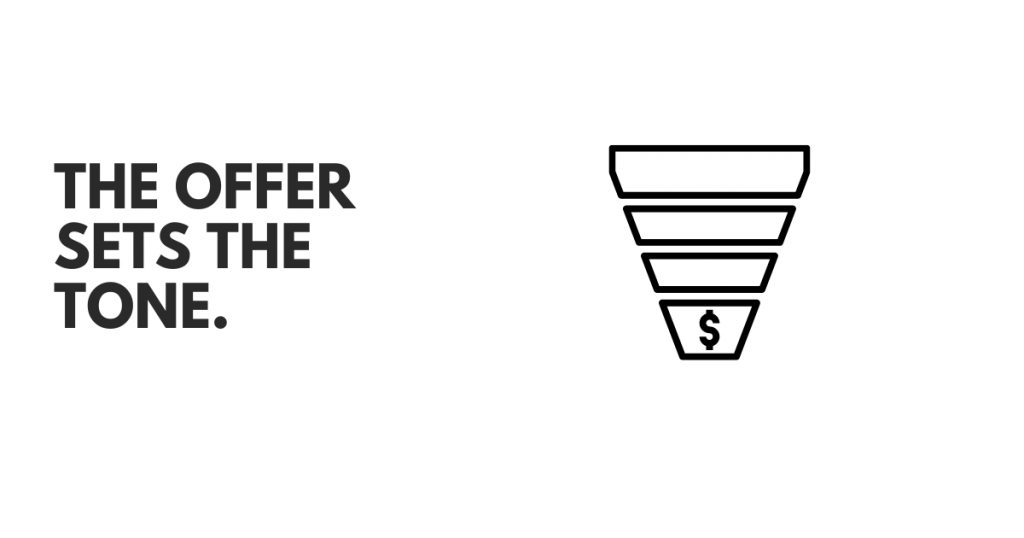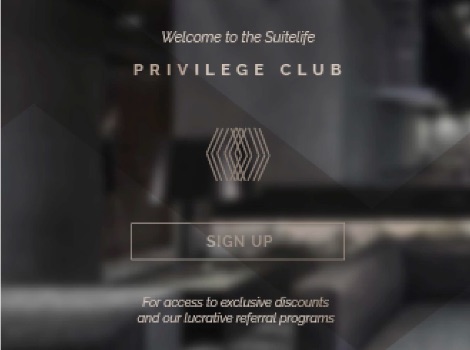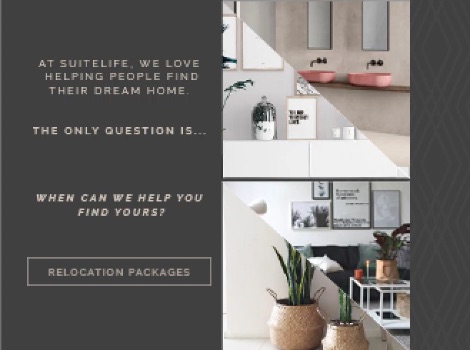HOW TO NEGOTIATE WHEN BUYING PROPERTY IN BARCELONA

How to negotiate when buying a property in Spain - 12 Tips from a Professional Home Buyer
Buying a property in Barcelona, for international and expat investors, can sometimes seem like a jungle or the Wild West. There is probably a lot less regulation and transparency than what you are used to.
So you’re thinking about buying a home in Barcelona. Would you like to make sure you use the best negotiation tactics in order to squeeze the most value out of your hard earned money? Then this guide should provide you an excellent overview of how to do that.
My name is Benny, and for 15 years I’ve been helping my clients buy and sell apartments in Barcelona and Spain.
My most popular service is called Real Estate Personal Shopper, where I guide our clients through the whole process so they find the property of their dreams at the best price possible, and save time, money, and potentially costly mistakes. A safe and clean buy is of the utmost importance to our clients.
Here is the most valuable advice I can give you on how to negotiate the purchase price of property in Barcelona and in Spain in general:

1. Arm yourself with market info, comps, etc..:
Appraising a property in Spain is more of an inexact art than a science and many times the property you like will be inaccurately priced. It helps to run some numbers in order to better defend your offer.
The more you can defend your offer, the stronger your negotiation will be.
You want to know how many days the property has been on the market.
Find comparable properties listed at lower prices.
Find prices of actual recent sales in the same building or on the same street in the registry (something we have access to for our clients). Armed with all of this you’ll have a much stronger position.
Also remember, many times properties are priced by taking the average price per m2 and multiplying it by the number of m2 the property has. However, from the perspective of an investor, you want to look at the potential rental yield and reverse engineer the final price in relation to the expected ROI you want to receive (approx 5% gross is good). Sometimes mocking up these ‘investor’ numbers will give you a lower price point and an intriguing defence to make a more aggressive offer.

2. Use any improvements the property might need to bargain:
Try and stay away from a common but not very effective way of negotiating, which is listing your personally perceived faults of the property. Meaning, “I’m offering X because there are only 3 rooms instead of 4 and I really wanted something with 15m2 more space, and there’s not that much natural light…so it’s not really my perfect flat”.
The flat is what it is, and in my experience this type of strategy both offends the seller and is not very effective.
Instead, look for valid things that you might need to invest into the property. There might be building works that need to be done in the future. The flat might have outdated systems or installations. The bathroom and kitchen might be dated.

3. D D DILIGENCE:
Doing due diligence is of the utmost importance when buying a property in Barcelona. First, in order to see if there are any problems that will cost you money in the future and/or make the deal not as interesting to you. Secondly, info we get from diligence can often be used to further negotiate the purchase price.
Some of the things you want to look into are:
- That the property has all of it’s documentation in order like the ‘cedula de habitabilidad’ (zoning permit).
- That the building has passed it’s ITE (technical inspection). That there aren’t costly future works that need to be done (those will eventually be partly paid by you).
- That there isn’t an ‘affectation’ of the building in the city’s urban planning. This can be a very serious problem for several reasons. Many buildings in Barcelona are marked with these zoning issues. Theoretically they could one day be torn down by the government. The property owners are forced to sell at a government set price.
- It’s good to see the last few minutes or ‘actas’ from the community meetings to see in general what is going on and if there are debts by other owners in the building and if there are future costs or ‘derramas’ planned.
- The ‘nota simple’, which is the updated record of the flat in the registry, which will show you wether the flat has any debts against it, what type, etc…
The more info you have the stronger your potential bargaining position will be, but you need to know how to use this info in your favor.
4. Play it cool:
This might seem obvious but I think it’s worth mentioning. I’ve seen clients fall in love and start giddily praising the property and everything about it with stars in their eyes. Needles to say, that doesn’t really help you in terms of negotiating a price.
When you find the right property you usually know right away, it’s sort of a gut feeling.
But if this happens to you, you should play it cool, don’t let on that you just found “THE one”. You don’t have to be aloof. Play it cool. Let them know it could be an option and that you have other options to see. This will help you setup a more effective roadmap for negotiating the price.

5. Slow and steady does NOT win the race:
You should do all the preparation before hand so when you see the flat you like you can act quickly. Having a reserve payment ready to send with the reserve offer sheet for example.
Where you can find a lot of bargaining power is if you’re either a cash buyer (not using financing). Or if you have a pre-approval on your financing. Venders are often interested in a ‘fast close’ and the faster you can close the more leverage you’ll have. You might say “I’m able to pay 80% of the asking price, but we’ll be signing in notary and you’ll have the full amount in 7 days”. Not always, but sometimes that really moves the needle.

6. More deposit = more interesting:
Not everyone can buy a property without financing in cash. One thing you can do that is effective is to offer a higher deposit or ‘arras’ payment. “I’m able to pay 80% of the asking price. However I'll be able to pay you 15-20% in the arras contract (the standard arras payment is 10%). We’ve found this works well because venders are motivated by getting more of the total price up front. Of course this also depends how motivated they are in general to sell.
Which leads us to our next advice…

7. Determine motivation as much as possible:
Why is the vendor selling? Did they just buy a new home and need to sell this one? Are they getting divorced? Is it an inheritance between siblings the they want to liquidate asap? How long has the property been on the market? How many price reductions has it had? Have there been other offers? If so why were they not accepted?
The more you can play detective and find the answers to these questions the better you’ll be able to gage how motivated (read desperate) the vender is to sell and hence how much you can push on a price reduction.
Asking polite but direct questions to the listing agent can often get you quite a bit of info. In the end, he or she is trying to close a sale. Often they are surprisingly forthcoming with info to facilitate this end.

8. Your actual offer:
How much margin there will actually be depends on quite a few factors. As a very general guideline, a 5-10% offer under ask is aggressive but reasonable. Especially if you can back it up with the right arguments and strategy. Of course how hot the property is, how long it’s been on the market, and the vender’s actual level of motivation will also come into play.
Throwing out low ball offers doesn’t tend to work too well and can be counter productive in Spain. You run the risk of offending the vendor and having them not take you seriously or doubt your credibility.
Of course sometimes a price seems almost too good, and there are instances when this is the case. Usually it is the result of a very motivated vendor. If you analyse a deal and the price seems great, you can actually lose it by making any offer under asking. Sometimes it’s even worth putting in a very slightly higher offer in order to get a leg up on the competition and jump to the front of the line.

9. Set a firm limit with the agent:
This might seam obvious but set a firm limit with the listing agent. They will feel they have gotten you to your best offer. Now they will work on bringing the owner down. Always in that order, though, because it's the vendor that pays them.

10. Use a buyers agent to avoid conflict of interest:
There are quite a few factors working against you when looking to buy a property in Barcelona. Not having proper representation is where we see buyers lose the most money. A real estate buyer's agent, or real estate personal shopper, as we call our service, takes away the inherent conflict of interest in the Spanish market, and ensures that you have a professional looking out only for your best interests. Simply put, it will save you time, money and costly mistakes.
11. What's the bottom line?:
Ask the listing agent for what they think the sellers bottom line might be.
I know this must seem counter-intuitive. I mean, who's going to tell you that?They probably shouldn’t give up this info but you'd be surprised at how often they do so. In the end the listing agent is trying to make a sale and get their commission. They often will let you know at least a range of the lowest the vendor will go.

12. Make the right initial offer:
Your first offer will set the basis for the negotiation. Depending on the a milieu of things, your starting offer should be substantial. At the same time though it should be realistic and not offensive to the vender.
I really hope I've given you some deeper perspective on purchasing a property and the best ways to negotiate in Barcelona and Spain in general. I'd love to hear your feedback in the comments or if there are tactics you think I should add. Have you had good luck in negotiating when you've bought property in Barcelona? If you'd like some free Spanish real estate advice I'd love to hear from you any time at benny @ suitelife dot com or text/whatsapp @ +34 615 38 47 45! ~Benny Mouckley

